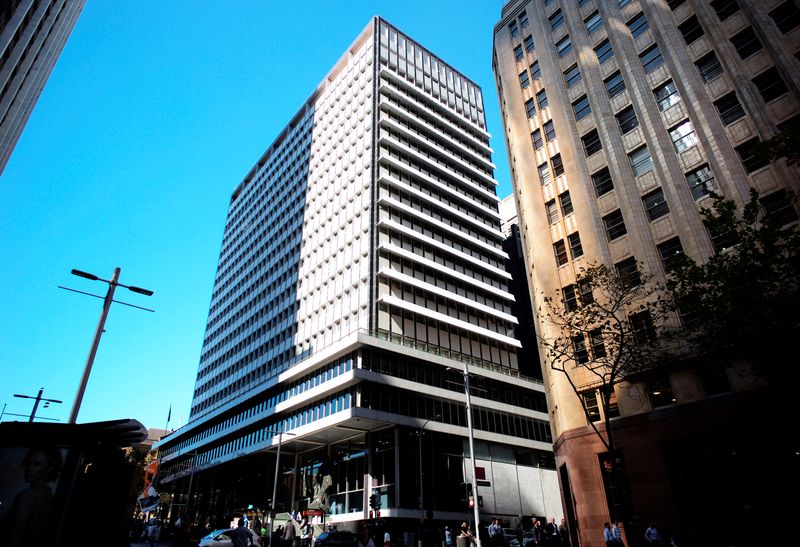SYDNEY, Feb 20 (Reuters) - Australia's central bank needs more time to be confident inflation is on the decline before it can rule out another hike in interest rates, though a slowdown in consumption was bringing the economy back into better balance.
Minutes of its Feb. 5-6 Board meeting out on Tuesday showed the Reserve Bank of Australia (RBA) considered hiking rates by another quarter-point, but decided to hold steady given progress had been made on inflation and the labour market was loosening faster than expected.
Still, "Members noted that it would take some time before they could have sufficient confidence that inflation would return to target within a reasonable timeframe," the minutes showed.
Given considerable uncertainty about the economic outlook and the high costs of inflation proving stubborn, the board agreed it was appropriate not to rule out a further increase in the cash rate.
Members did note the labour market and consumer spending had been weaker than previously expected, and there was a risk that consumer spending weakens more sharply than it had to date.
The RBA has raised interest rates by a whopping 425 basis points since May 2022 to 4.35% to tame runaway prices, lifting mortgage payments by thousands of dollars a month.
Markets are confident the tightening cycle is over but only see a modest easing of 36 basis points for 2024, most likely in the second half of the year.
A first cut is not seen likely until August or September.
Consumer price inflation ran at 4.1% in the fourth quarter, down from a peak near 8% but still far above the RBA's target range of 2-3%.
The tightening has led to a loosening in the job market, with the unemployment rate hitting a two-year high of 4.1% in January, while consumers have curbed spending on discretionary goods.
Governor Michele Bullock has said inflation did not need to be in the band for the central bank to start cutting rates and there would be an opportunity to ease if consumption slows more quickly than expected.
The RBA expects inflation to return to the target band of 2-3% in late 2025, and slow to the mid-point of 2.5% in 2026. The Board deemed the forecasts, which assumed no further increase in the cash rate, were "acceptable", the minutes showed.
